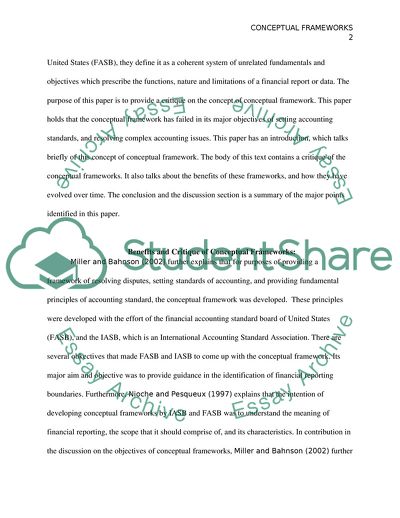Cite this document
(Financial Essay Example | Topics and Well Written Essays - 2000 words, n.d.)
Financial Essay Example | Topics and Well Written Essays - 2000 words. https://studentshare.org/finance-accounting/1856154-financial
Financial Essay Example | Topics and Well Written Essays - 2000 words. https://studentshare.org/finance-accounting/1856154-financial
(Financial Essay Example | Topics and Well Written Essays - 2000 Words)
Financial Essay Example | Topics and Well Written Essays - 2000 Words. https://studentshare.org/finance-accounting/1856154-financial.
Financial Essay Example | Topics and Well Written Essays - 2000 Words. https://studentshare.org/finance-accounting/1856154-financial.
“Financial Essay Example | Topics and Well Written Essays - 2000 Words”. https://studentshare.org/finance-accounting/1856154-financial.


